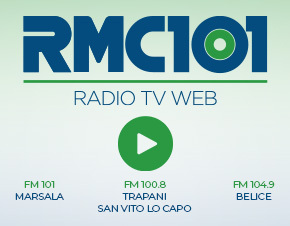Italian journalists have protested government surveillance of reporters’ phone calls during investigations into Libya-based migrant trafficking.
Investigators in Trapani intercepted conversations held by journalists working for RAI state television and other media outlets, according to reports.
The investigations date back a few years ago, when former Italian government officials were cracking down on humanitarian vessels that were rescuing migrants from traffickers’ unseaworthy boats in the Mediterranean.
Moufide 'Mouf' Bouchibi was arrested in Dubai after spending a decade evading capture by authorities. Courtesy, Dubai PoliceDubai Police reveal how they caught French drug lord 'the ghost'
Syrian refugees found dead in bitter cold in Lebanon
ISIS using illegal ivory trade to fund terrorism in East Africa, former UK ambassador warns
The National Italian Press Federation denounced the wiretapping and demanded to know who had authorised it and why.
Primo Di Nicola, a senator from the populist Five Star Movement, said he has proposed a bill to safeguard journalists from the wiretapping of calls with sources.
“It would be very grave if [the wiretapping] was a way to reveal their sources. Protecting sources is at the basis of journalists’ work,” Mr Di Nicola said.
The newspaper Domani said hundreds of pages of transcripts of phone conversations were part of an investigation led by prosecutors in Trapani, Sicily, into the activities of humanitarian rescue groups.
The transcripts, it said, contain the names of sources and contacts.
There was no immediate comment from Italian prosecutors, who generally do not speak about ongoing investigations.
Among the intercepted conversations was that in which a journalist working for the Italian Catholic daily Avvenire asked a source about how to obtain a video showing violence against migrants in Libya, a key base for human smugglers who launch boats crowded with migrants towards Europe.
Many of the traffickers’ flimsy dinghies or dilapidated fishing boats founder or capsize in the sea. In the past several years, rescue vessels operated by humanitarian groups have saved thousands of migrants from drowning.

 Sezioni
Sezioni




















